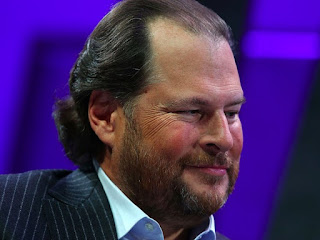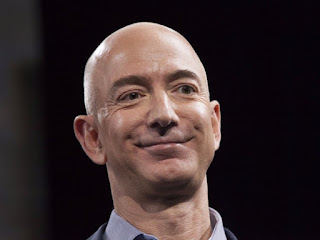A senior GE exec says successful leadership depends on how you spend 10% of your time

"Make room for discovery," says Beth Comstock, pictured. GE As you ascend the corporate ladder and your free time gets ever more limited, it might seem like the first thing to get rid of is all those optional activities — like going to conferences, watching educational talks, and relaxedly "ideating." Ask Beth Comstock, vice chair of General Electric, and she'll tell you that's a terrible idea. In an interview with LinkedIn's editor in chief Daniel Roth, Comstock gave some leadership advice that applies both to people relatively new in their careers and to those who have been in the workforce for a while: "The first thing you have to say to people is: Make room for discovery. If I manage myself, I manage a team, I manage a division, there's a certain amount of your budget, your time, your people that need to be focused on what's next. "And it could be 10% — you know for yourself. I think usually 10% is a pretty good way to


